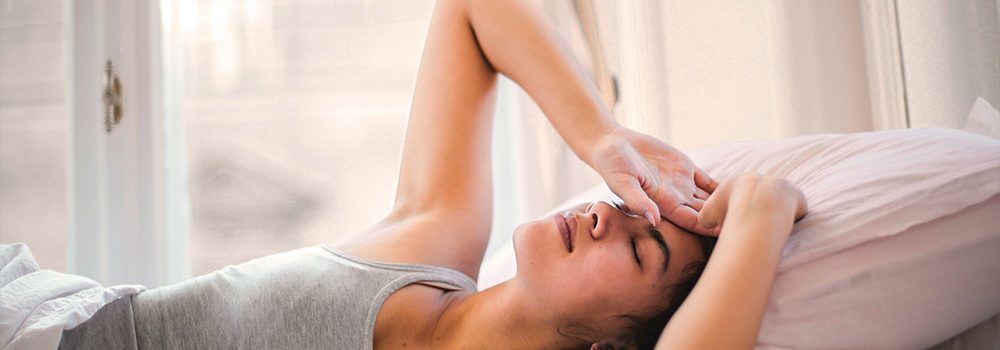Sleep apnea affects a large percentage of the population, with up to 25% of men and 10% of women suffering from it in some way. You may not have thought that contacting your dentist would help relieve your symptoms but, in fact, there are dental devices and oral appliances that can have you sleeping like a baby!
What Is Sleep Apnea?
There are a couple of different types of sleep apnea but the most common and most effectively treated by a dentist, is obstructive sleep apnea, or OSA. This is when the soft tissues in your throat obstruct your airway when you’re lying down, leading to choking, spluttering, heavy snoring and frequent awakening. OSA can have negative impacts on your everyday life as poor quality of sleep leads to a lack of concentration, irritability and a lowering of your immune system.
How Do I Know If I Have Sleep Apnea?
As the severity of sleep apnea can vary from person to person, you may not even realize you have it. Here are the most common symptoms of obstructive sleep apnea:
- Waking up and not feeling rested
- Having a headache upon waking up
- A dry mouth
- Night sweats
- Loud snoring
- Gasping or choking when asleep
- Interrupted breathing patterns
Living with sleep apnea can not only reduce the quality of your own sleep, it can also affect your partner who may wake up frequently due to your loud snoring or quite scary spluttering and choking sounds when your airway is blocked during the night.
Can Dentists Treat Sleep Apnea?
A dentist may be able to spot signs that you have sleep apnea during a routine check-up. There are also things such as large tonsils or signs of nighttime teeth grinding that can indicate OSA. For severe cases, your medical doctor may prescribe you a continuous positive airway pressure (CPAP) machine which can keep your airways open at night. This isn’t the best solution for everyone though, which is where a dentist comes in. If your dental professional is trained in dental sleep medicine, they will be able to use oral appliance therapy to help treat your sleep apnea.
Oral Appliance Therapy
This involves your dentist making a custom dental device, similar to a nightguard or mouthguard. The appliance fits over your teeth and keeps your tongue or lower jaw in a forward position, which helps keep your airway free from blockages when you’re asleep. This will lead to a better, undisturbed night which will have positive benefits for your mental and physical health.
Other Dental Devices For Sleep Apnea
Bruxism, or the clenching and grinding of your teeth at night is one of the signs of sleep apnea. A nightguard puts a thin barrier between your back teeth, protecting them from damage and potentially helping with headaches that are associated with bruxism. Your dentist can create a custom night guard which fits perfectly over your top row of teeth.
Another dental device used to treat sleep apnea is the tongue stabilizer. By poking your tongue through the soft plastic splint, the stabilizer keeps your tongue and soft throat tissues from collapsing over your airway.
Dentists Can Help With Sleep Apnea
If your beauty sleep has turned ugly, contact your dentist to see if an oral appliance can help. Patients in Missoula, MT can call Discovery Dental Group for expert and friendly care.

